The beginning of Mr. McMahon is a bizarre tale of love for one of the most contentious figures in entertainment, Vince McMahon, the founder of the WWE. With accusations of sexual misconduct, the story quickly shifts, revealing the clear goal of the miniseries to portray Vince McMahon’s true self. McMahon’s initial reluctance to share “the real stories” to protect himself made it difficult to pursue that goal, and it would always be a challenging prospect.
Understanding wrestling requires “marks,” the industry term for what carnival workers refer to as “rubes,” which is necessary to comprehend Vince McMahon and the challenges facing Mr. McMahon as a whole.
Selling the illusion and the charm of professional wrestling to “marks” who would fall for the highly profitable scam served as the foundation for McMahon’s empire. Although Mr. McMahon consistently stated that he would reveal all the details, the documentary began with a disadvantage. Vince didn’t want to share this story.
For Mr. McMahon’s benefit, the accusations and his dismissal from WWE worked well. Video and talent that would never be approved for a guerilla documentary telling the same story were effectively made available to Tiger King director Chris Smith.
Mr. McMahon’s original intent is turned upside down. As a result of the plot twist and implied agenda, the film takes on a narratively driven, Capturing the Friedmans-esque quality.
Mr. McMahon: A Stunning, Well-Made Documentary Series
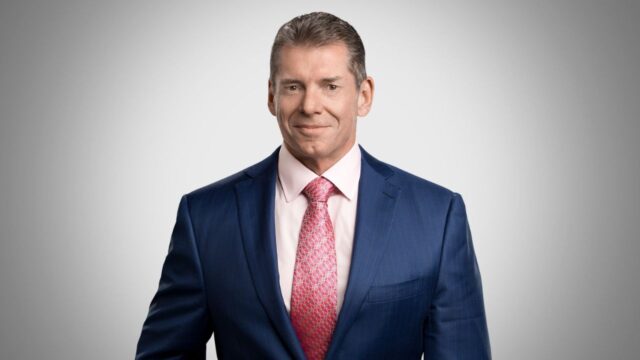
The documentary from Ringer Films and Bill Simmons is undoubtedly excellent; it features high-end production values and a wide range of talented people, but occasionally, it seems too much like WWE Films produced it.
Nevertheless, there are more obscure tidbits of information from early WWE history, such as snippets from McMahon’s talk show Tuesday Night Titans or his time on Letterman, even though most wrestling fans will recognize some of the insight.
That being said, is that sufficient to counter the fact that most people will have formed opinions about Mr. McMahon before viewing it? Although it appears to be a slick, expertly staged history of WWE that sporadically shifts attention to McMahon, the first episode doesn’t create that impression.
However, in episode 2, which concentrates more on a long list of disputes and legal problems for the business, the tone drastically changes. You truly understand the art of deception when you contrast McMahon’s self-presentation with some talking heads praising him.
Mr. McMahon’s Approach to Fulfilling Its Own Truth Agenda
The quote from Mr. McMahon that said, “I wish I could tell you the real stories, holy sh*t!” was taken from the disclaimer about leaking the Vince McMahon investigation. Then, “I don’t want anyone to know the real me!” is among the most amazing examples of documentary filmmaking I have ever witnessed.
It’s clear why McMahon was against the documentary, which does a decent job of exposing the dark side of wrestling, albeit not to the same extent as Vice’s outstanding Dark Side Of The Ring series.
McMahon says, predictably, that the documentary is false. He insisted that it distorts his real life and his WWE persona, “Mr. McMahon,” in a statement released shortly before the film’s premiere and asked viewers to approach the film with an open mind. Naturally, the issue with that is that McMahon is involved in many more scandals than just the one that broke during production and is extensively documented in the documentary.
Fascinatingly, Mr. McMahon presents his version of events leading up to his ascent to the top position in the WWE while refusing to own up to or apologize for some of the nefarious deeds committed. As the filmmakers attempt to reclaim the story wherever they can, he revels in the box office, the cultural impact, and his star power.
Sometimes shocking revelations, such as using Andre the Giant for commercial purposes, wrestlers hurting themselves, or accepting racism as a plot device, are delivered matter-of-factly, and then we move on. Additionally, McMahon occasionally makes astounding claims and defends certain incidents.
The Greatest Failure of Mr. McMahon Is Vince McMahon Himself
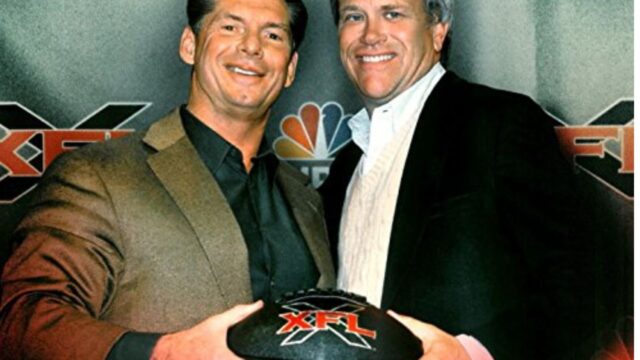
The amount of time spent on WWE’s overall history is startling, but Vince’s viewpoint, which hasn’t been expressed before, holds promise for wrestling fans. Regretfully, it’s a con job. McMahon may argue that his reputation has been distorted, but it’s amazing how frequently he responds to accusations or disputes with a shrug or a rebuttal that “that’s just the way it was.”
Shane McMahon puts it best: “I think my dad gets the rap that he wants.” McMahon viewed this as a chance to skillfully tell the narrative he wanted to hear from the Gorilla Position. As a result, he comes across as absurd because Smith provides a more grounded viewpoint from other characters in the movie.
However, there isn’t enough attention to dissecting the lies and half-truths or providing the in-depth anatomical analysis that wrestling fans will want. A similar situation occurred at Tiger King, where the company invested excessively in providing Joe Exotic with the means to establish and destroy his brand independently.
In general, the documentary presents a compelling account of WWE’s ascent and some of its most difficult moments, even for those who are not insiders. But most wrestling fans know all the specifics, and it would have been invaluable to know Vince’s actual sentiments.
That’s not what we get in the end, and his rebuttal is just the cherry on top of an especially disappointing cake. Still, there’s weird amusement value in him stating things that someone else disproves right away.
Do you think we understand the difference between Vince McMahon and “Mr. McMahon”? Did that not make sense? If it was, the answer is unquestionably no; however, McMahon’s portrayal is unavoidably awful. Even though nothing about that is particularly new, those unaware of it may find it odd that the image depicted is one of a monster that appears to overplay its humor.
Final Remarks on Mr. McMahon
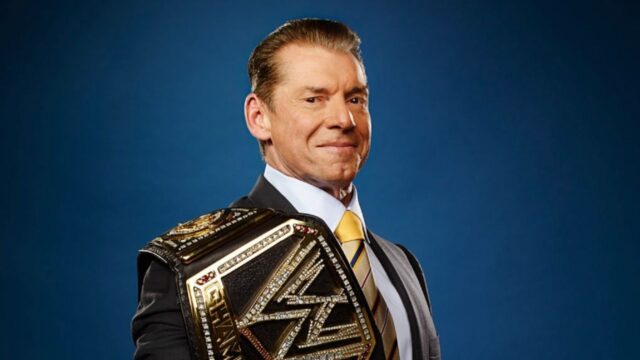
Mr. McMahon is a sobering documentary that Netflix is releasing ahead of their lucrative deal with WWE that will bring “the product” to the streaming service in 2025, but it’s also a cunning affirmation. Ultimately, what better way to serve as a constant reminder to everyone involved in wrestling of just how different the dark past was from their era than to bring out the bones?
I don’t think anyone’s perception of Vince McMahon will change after reading Mr. McMahon. His point of view only gives the impression that he is manipulating the audience once more and enhancing or restoring his reputation as a tell-all while putting on a show. That means there won’t be much gain for anyone aware of the grim realities of wrestling’s past.
However, the broader audience that Netflix is pursuing here is a very different story. For them, the additional viewpoint that comes from the contextualizing voices may have a significant impact. Since McMahon has been in charge of his story for so long, it is valuable to see it presented, even if it does so with some plot twists. Mr. McMahon is worth watching just for exposing the scope of this scam job from the beginning.
About Mr. McMahon
Mr. McMahon is a documentary television miniseries that explores the influential yet controversial career of Vince McMahon. It is directed by Chris Smith, renowned for his work on Tiger King, with executive producer Bill Simmons and Zara Duffy, recognized for her contributions to Mission Blue. The documentary series featured numerous prominent figures from the world of professional wrestling, including Hulk Hogan, Triple H, Stone Cold Steve Austin, Paul Heyman, Bret Hart, Eric Bischoff, Shane McMahon, and Stephanie McMahon. It also included media personalities such as Kay Koplovitz, alongside other key individuals, providing a wide range of perspectives on McMahon’s career and legacy. This is the first six-part documentary series on Vince McMahon.
All six episodes of the series were released on September 25, 2024 on Netflix.
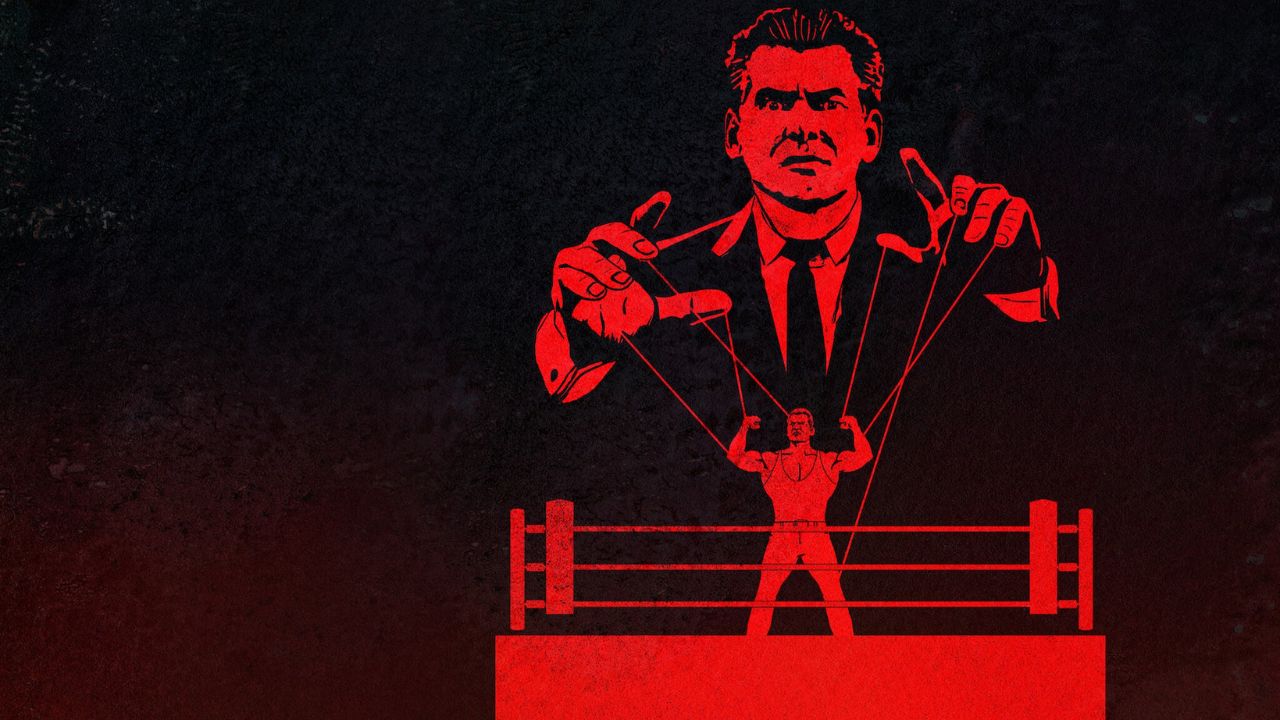
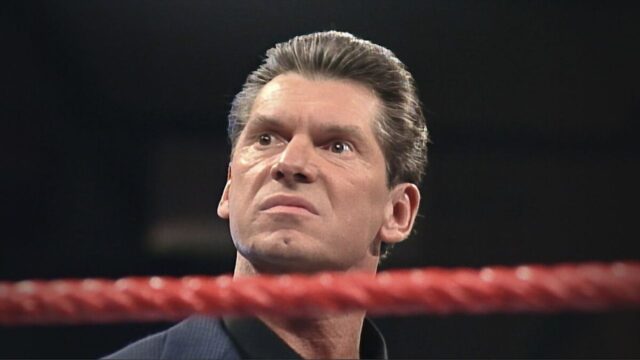
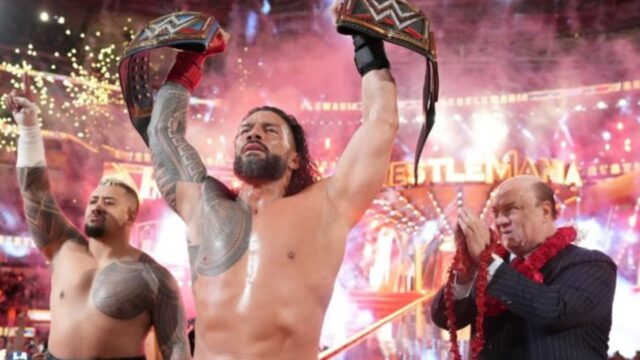

![Top 10 Active Wrestling Tag Teams in 2023 [WWE & AEW]](https://www.epicdope.com/wp-content/uploads/2023/10/Tag-Team-1-640x360.jpg)
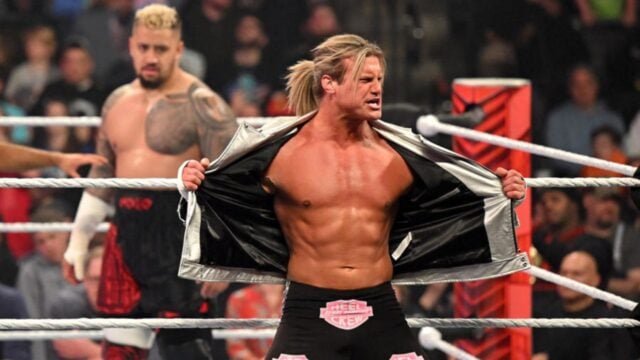


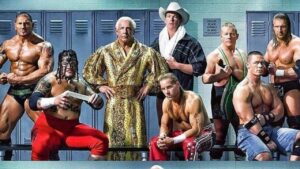
No Comments on Mr. McMahon Review: A Peep Inside Vince McMahon’s Scandalous Life